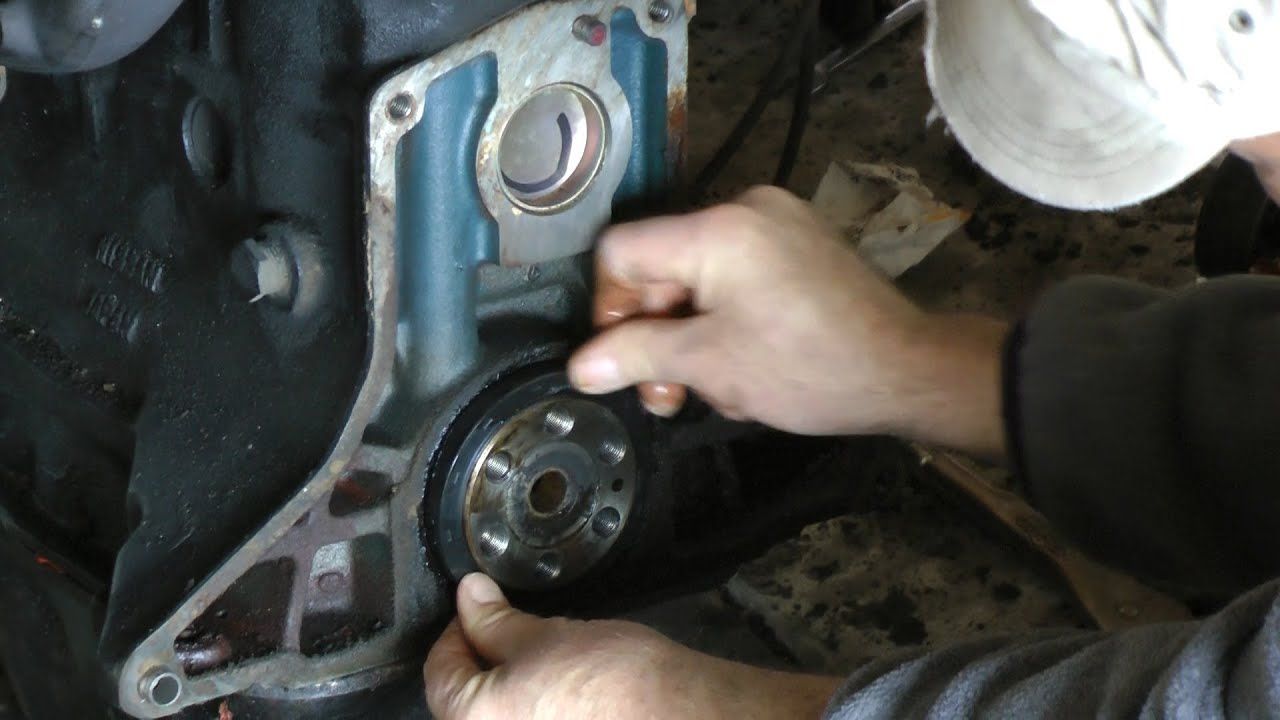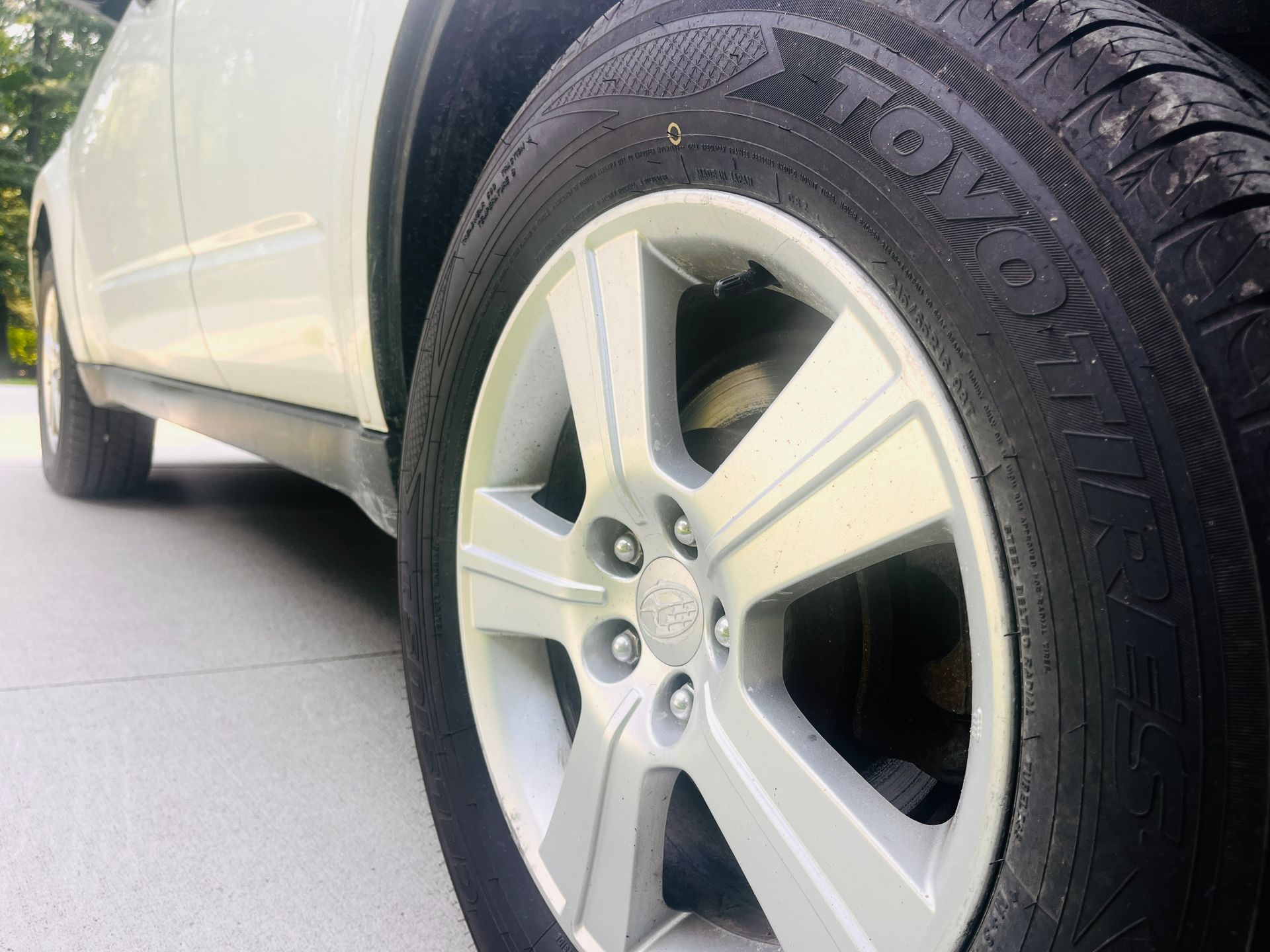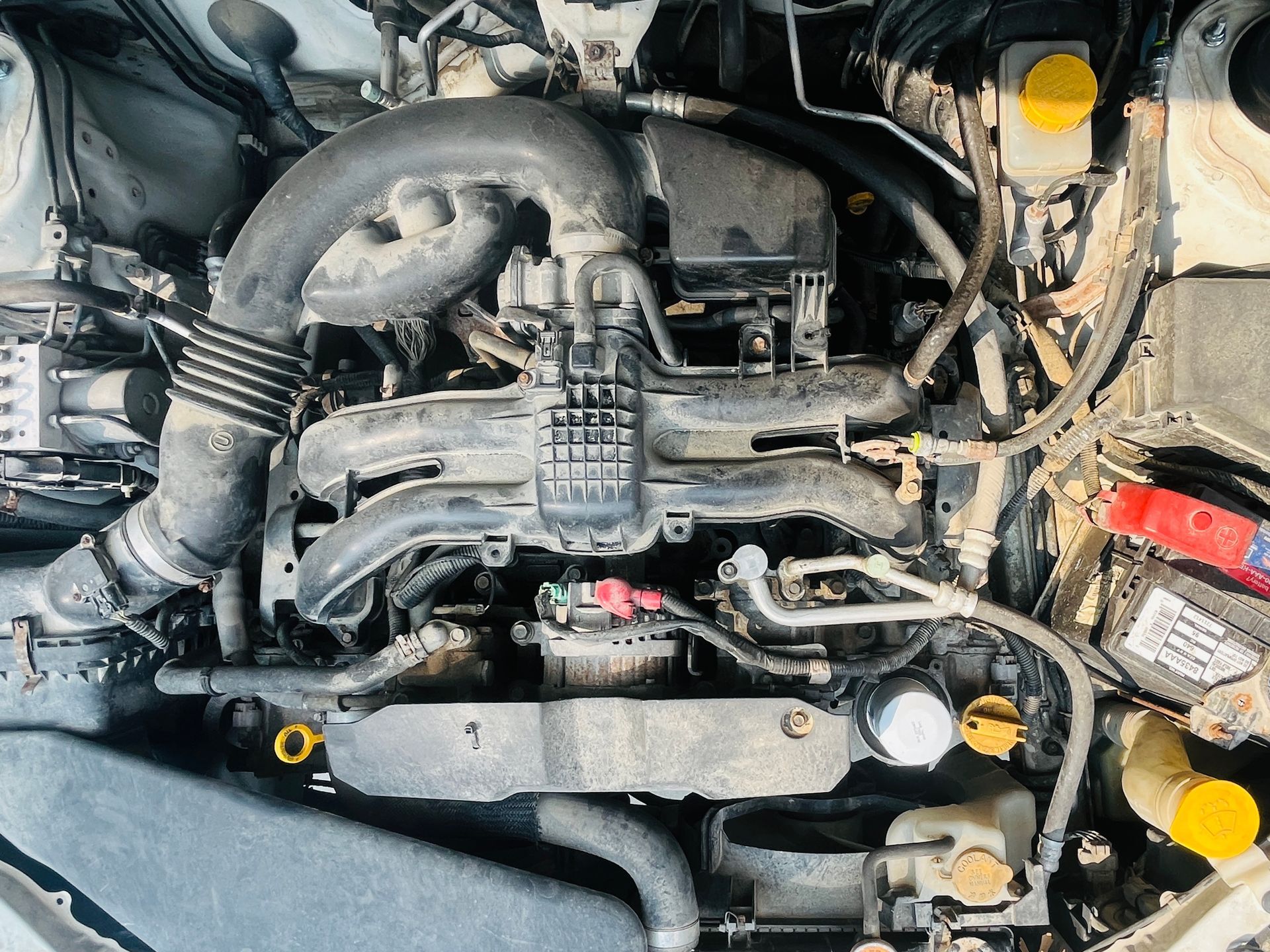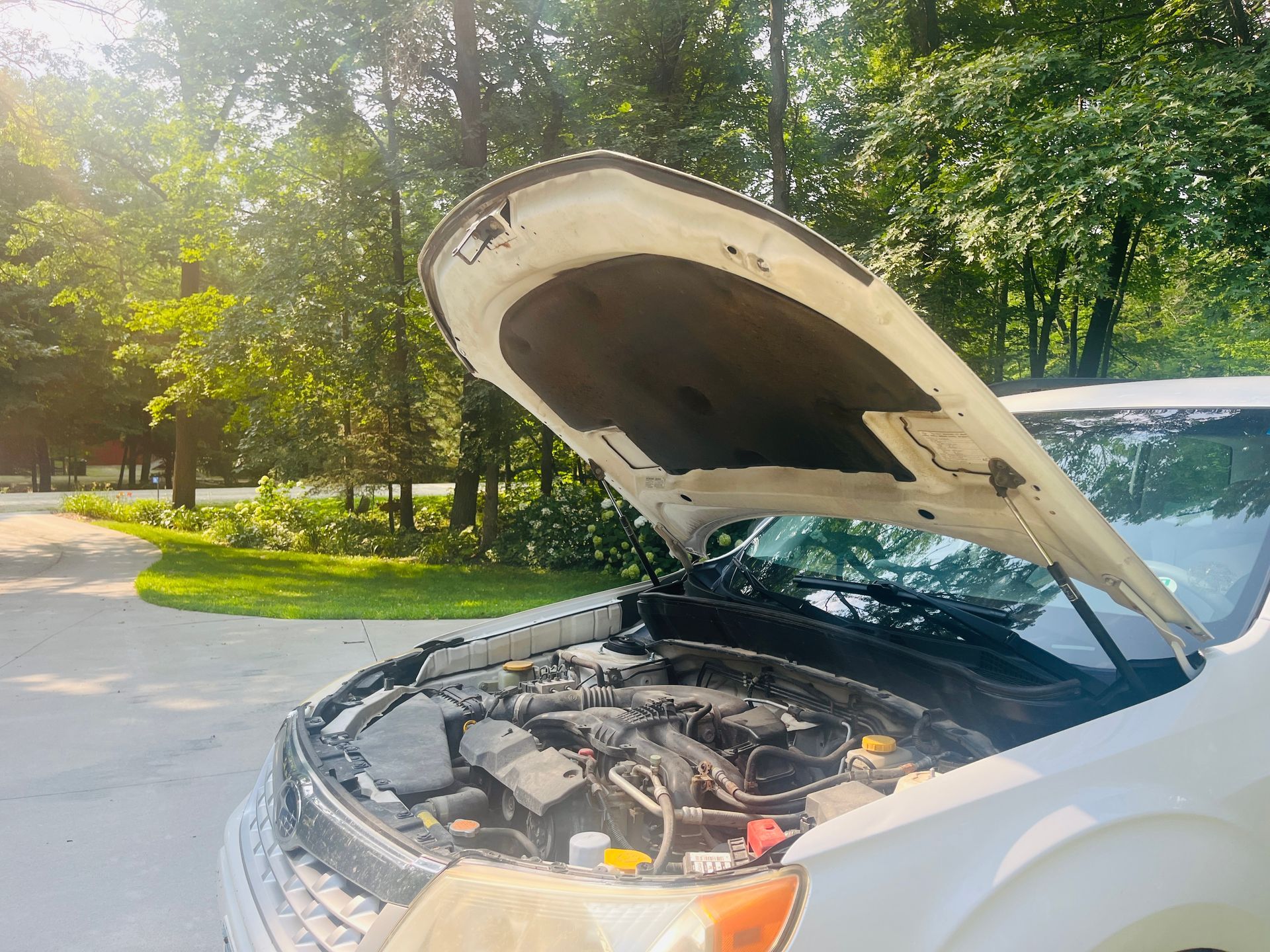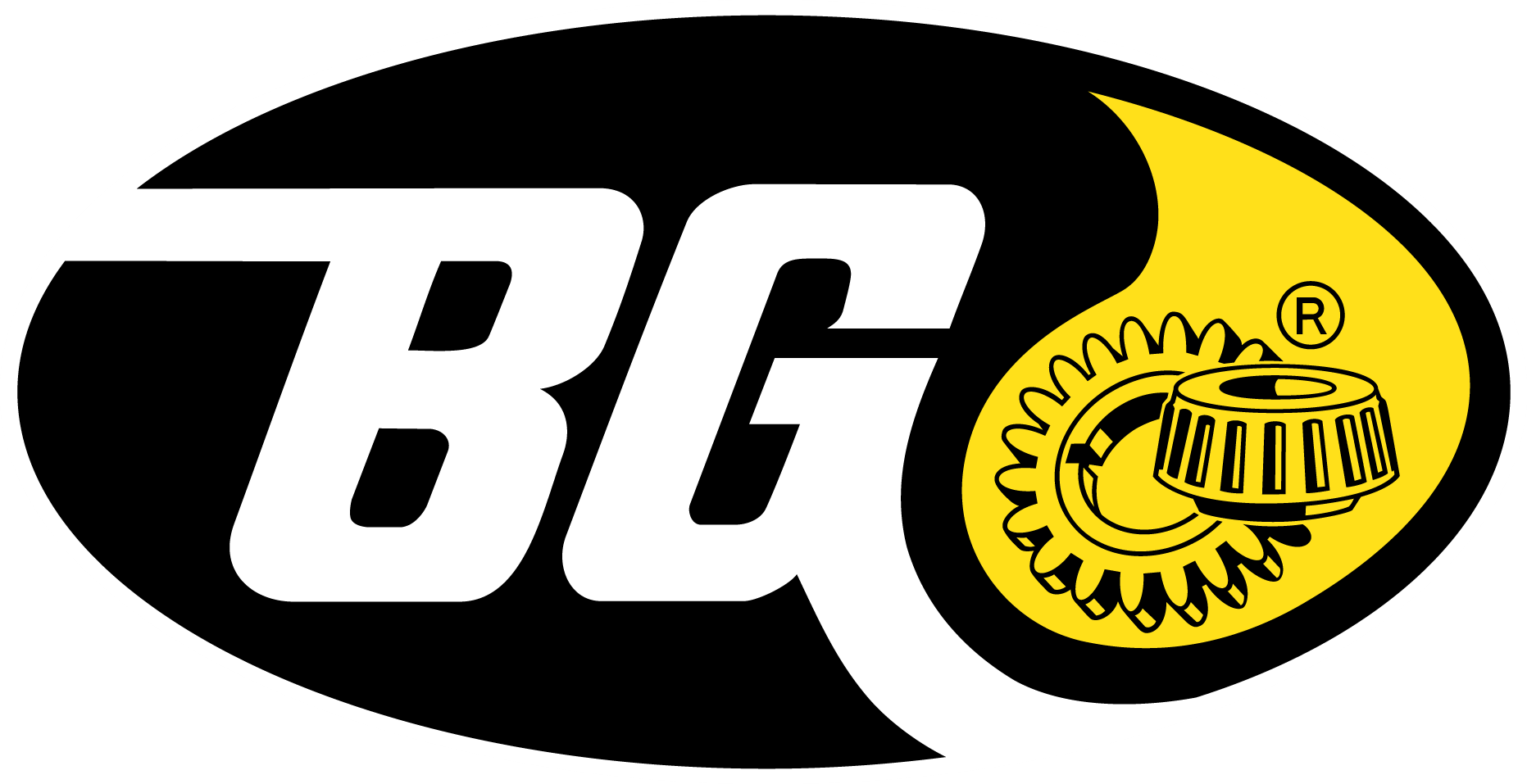Engines aren't as hearty as hostas
August 3, 2017
What is your favorite hobby? Do you take time out of your busy schedule to do something you love doing? Do you take classes or do research so you can become better at whatever you love?
Each year, I try to learn more and more about plants and gardening. It has quickly become one of my favorite pastimes. I am no expert, but I’d like to think my skills are improving and my thumb is getting a little greener each day. I have expanded my gardens and landscaping so much in the last few years that my sarcastic but wonderfully witty children now jokingly refer to me as a botanist. I suppose there could be far worse titles, so I will giggle with them for now. But perhaps one day they will lovingly refer to me as a gardener, or at the very least a plant-lover.
I’m not going to lie. I kill some plants—I either don’t plant them in the right spot without the right amount of light or right kinds of soil, or I forget to water/feed them. And I am quite certain that there are couple that simply do not like me or my yard. But I am persistent; I Google everything, move plants that seem unhappy, spray things on ones that get bugs, slugs, or mold in an effort to give it everything I have before I give up on a plant.
Since my gardens are mostly shade and my thumb is not super green (not yet, give me time kids!), hostas are at the top of my list of favorites. I never knew there were so many shapes, colors, sizes, and even names! Perhaps the reason I adore them most is because they are so hearty—you just stick them in the ground anywhere, they pop back up in the spring every year, they thrive on their own, only needing rain water, and they require very little maintenance.
Wouldn’t it be great if all of life was as low maintenance as a pretty hosta? But it’s not to be. In fact, as life gets busier and faster, doesn’t it seem like more maintenance is needed in all areas of our life? We need to maintain our homes, our relationships, our cars, our bodies, our families. It seems there is always something to do and thinking about maintenance might just put you over the top. I don’t want to push you over the edge, but I do want to tell you about a magic combination of products that will extend the life of your engine, increase power, and give you better fuel economy.
We know from my past articles that advances in technology have made engines more powerful and fuel-efficient. But they are also more susceptible to carbon build up. Besides carbon build up and the effects it has on your engine, oil loss plays a big part in engine problems today—both in gasoline and diesel engines.
So what causes oil loss/consumption? The same culprits that are guilty of carbon build-up.
Extended oil change intervals
With newer engines, oil has a bigger job to do, yet manufacturers have recommended lengthier oil changes. This is fine if you don’t plan to have your vehicle past the 100,000 mark—the point they want you to buy a new car.
But if you are like many consumers, you want your vehicle, an expensive investment, to last as long as possible. Extending oil service, especially being an extreme driver in extreme climates (read my last article), decreases its ability to properly protect your engine—thereby allowing sludge, varnish and carbon deposits to form—ultimately causing engine components to wear rapidly. Wear then allows oil to be consumed in the combustion process.
Thinner oil
Today’s oil lower viscosity blends aid in less resistance between the engine’s moving components. This helps increase fuel efficiency. However, thinner oils result in oil loss by evaporation. They also allow emissions to enter into the PCV system causing sticky deposits to form in the intake and on the valve stems and obstruct the incoming air.
Engine designs
The low-tension piston ring that is more vulnerable to carbon build-up as discussed last month is also prone to allow a large volume of cylinder compression to escape. This contributes to a high crankcase pressure, which carries oil droplets to the intake and on to the combustion chamber where it will burn.
The process of combustion carbonizes oil deposits on piston tops and combustion chamber surfaces. The hard deposits can lead to misfire, poor fuel economy, and a noticeable drop in performance.
A consequence of oil burning is that it will pass through the exhaust and deposit onto the catalytic converter. This also affects the ECM’s ability to control drivability and operational function.
With the discovery of all of this oil loss/consumption with the newer engines, BG worked hard to develop a product to prevent it. The key here is prevent. The BG Performance Oil Change is potentially the only oil change that can deliver protection as well as extension of service. It includes a combination of three incredible products, which together removes deposits from valves and combustion chambers, dissolves sludge and varnish, cleans stubborn oil deposits, cleans micro-passageways, restores engine balance and power and even improves spark plug life. Any shop affiliated with BG products can perform this service
When your BG Performance Oil Change is done every time you change your oil, you will notice improved fuel efficiency (and money saved at the pump!), have more reliable engine performance and confidently extend your oil change intervals.
My friends, neither our lives nor our engines are like hostas. We must take time to educate ourselves, invest in maintaining them, and then reap the rewards of our hard work.
Until next month,
The Botanist
Article originally published in the Post-Bulletin.

